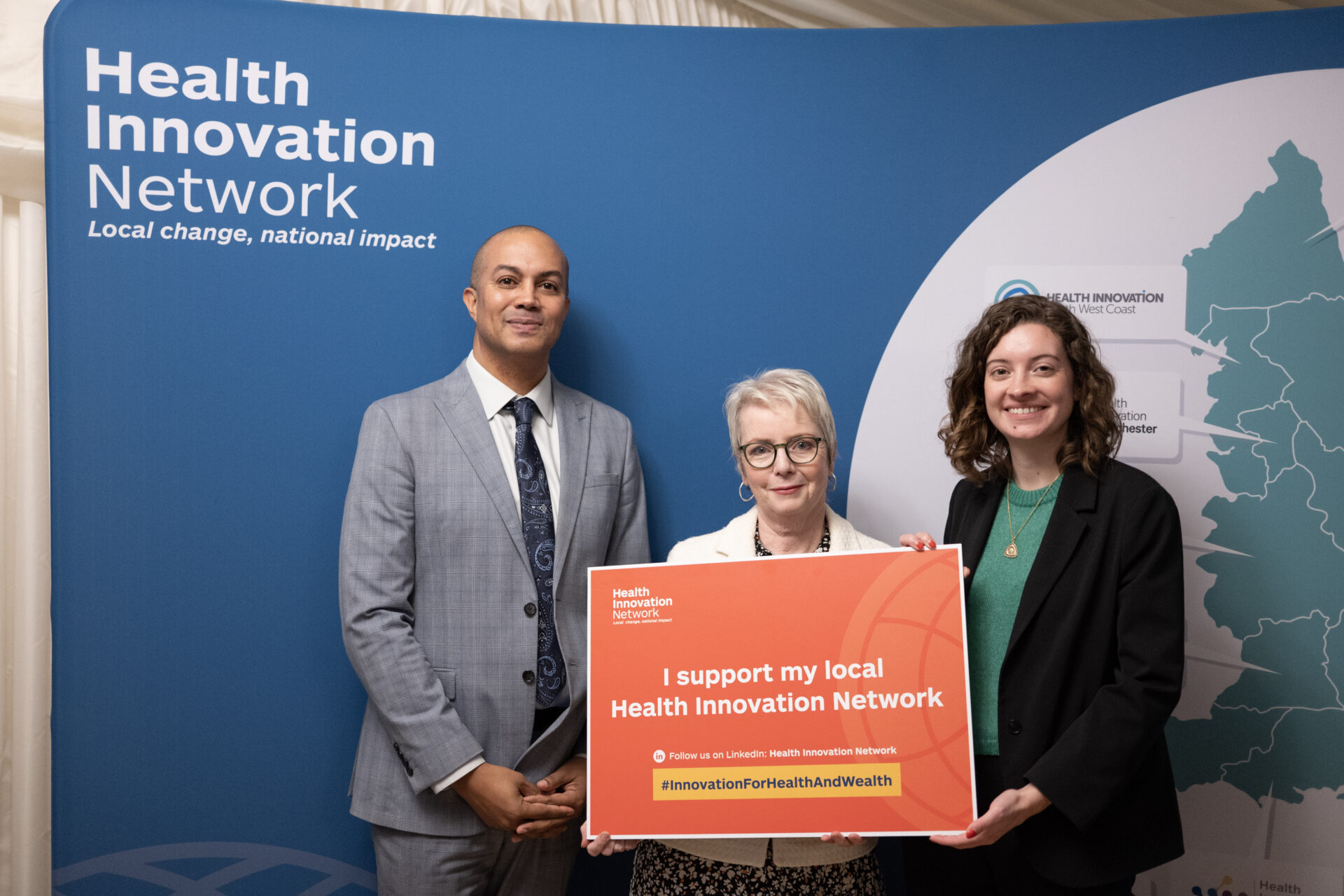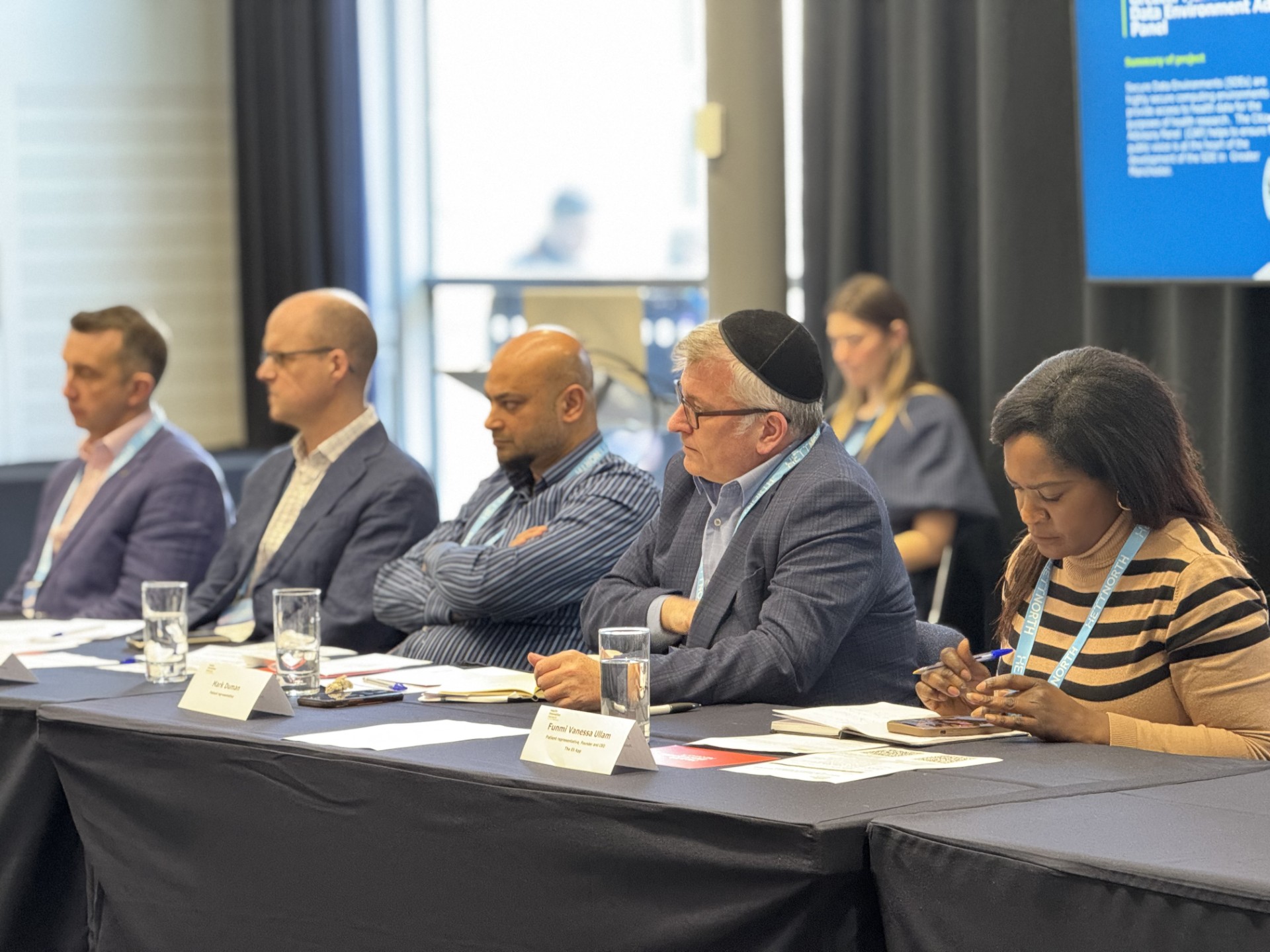Almost 57,000 people (aged 6-18 years) have received an objective assessment for ADHD since the AHSNs began to support a new digital innovation, QbTest.
The innovation, which speeds up the time to diagnosis, has improved patient experience and saved the NHS a potential £19.5m since 2017*. It is being used in 59 trusts across 113 sites – just over half of the NHS providers of ADHD assessments for this age group.
At a ceremony on Thursday 24 March, the innovative way of working was recognised with the award of Best Mental Health Partnership at the HSJ Partnership Awards.
QbTest is an approved computer-supported objective test which measures attention, motor activity and impulsivity – the core symptoms of ADHD.
The results are instantly analysed and presented in a report which compares a patients’ results against a normative dataset based on age and gender.
ADHD practitioners then use information from the QbTest report alongside their clinical assessment to inform their decision whether the young person has ADHD or not.
There are several research and evaluation studies that demonstrate the benefits of QbTest in aiding diagnosis including an evaluation led by the East Midlands AHSN, which found time to diagnostic decision was reduced by five months.
As part of the Focus ADHD National Programme, the 15 AHSNs across England are supporting clinical services to improve their ADHD assessment pathway with the implementation of QbTest.
The Focus ADHD programme can have a positive impact on young people and families by reducing the number of appointments needed for clinical diagnosis, meaning that clinicians can see more patients. The new pathway can also generate increased clinical confidence and understanding while increasing efficiencies for the service.
Dara Coppel, Head of Innovation Programme Delivery, East Midlands AHSN and lead for the AHSN Network national Focus ADHD programme said: “I am delighted that Focus ADHD has won the HSJ Partnership Award for the best mental health partnership with the NHS.
“The national Focus ADHD programme is a brilliant example of what can be achieved through dedicated, multi-sector, collaborative leadership. We have been successful in implementing this evidence-based intervention across 59 trusts so far, to improve timely access to assessment and diagnosis for children and families. Our aim is for every child clinic in England to implement this innovation.”
Tony Doyle, Managing Director, Qbtech said: “Working on Focus ADHD has been an absolute pleasure and I would like to thank all colleagues working on the programme from the AHSNs and Qbtech. Together we have made a real difference and continue to improve the lives of those living with ADHD.”
To find out more about the programme visit our Focus ADHD webpage.
Yorkshire and Humber Academic Health Science Network won the environmental sustainability project of the year for their collaboration with Hull University Teaching Hospitals Trust on reducing the carbon footprint of asthma inhalers, and were also highly commended for their partnership with TytoCare in the most effective contribution to clinical redesign category.
UCLPartners were shortlisted with Barts Health NHS Trust for the most effective contribution to clinical redesign (bedside learning coordinator approach to care redesign) and the healthtech partnership of the year category (living with COVID recovery).
* Based on a saving of £343 per patient which was identified by findings from the East Midlands Real World Demonstrator between January and December 2017.

The Health Innovation Network is delighted to announce the launch of Innovation Insights, a brand-new webinar series designed to highlight the latest in health innovation, offering attendees valuable insights into the adoption and spread of innovation within the health and care landscape. Each interactive webinar will feature: Expert presentations: Delivered by thought leaders across [...]

The Health Innovation Network, at an event sponsored by Sarah Coombes MP, brought together parliamentarians including Health Minister Karin Smyth MP and Chair of the Science, Innovation and Technology Committee, Chi Onwurah MP to meet with six innovators supported by health innovation networks across the country and their NHS partners. At the Meet the Innovators: [...]

The need for fast-paced innovation in healthcare is widely acknowledged. And ensuring that healthcare innovation is shaped by the people it serves remains a pressing priority – one made all the more evident by the growing emphasis on health equity in the 10 Year Health Plan. Patient voices are often cited as central to healthcare [...]









